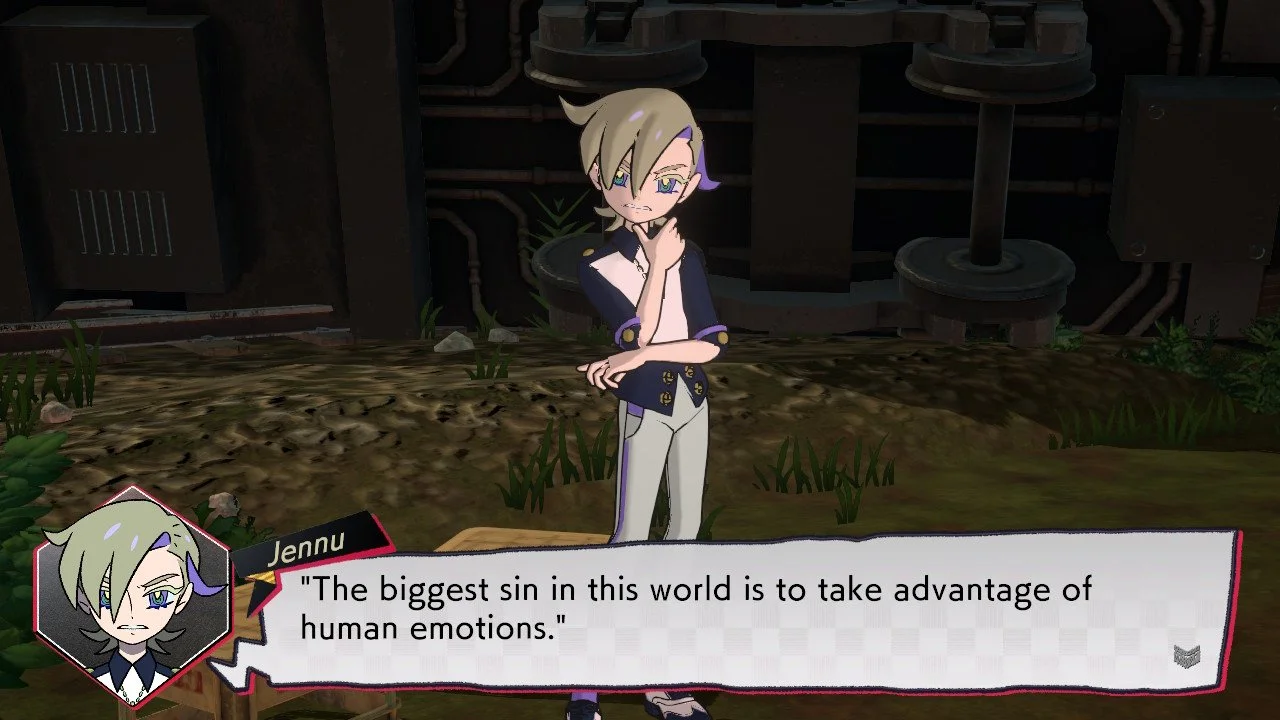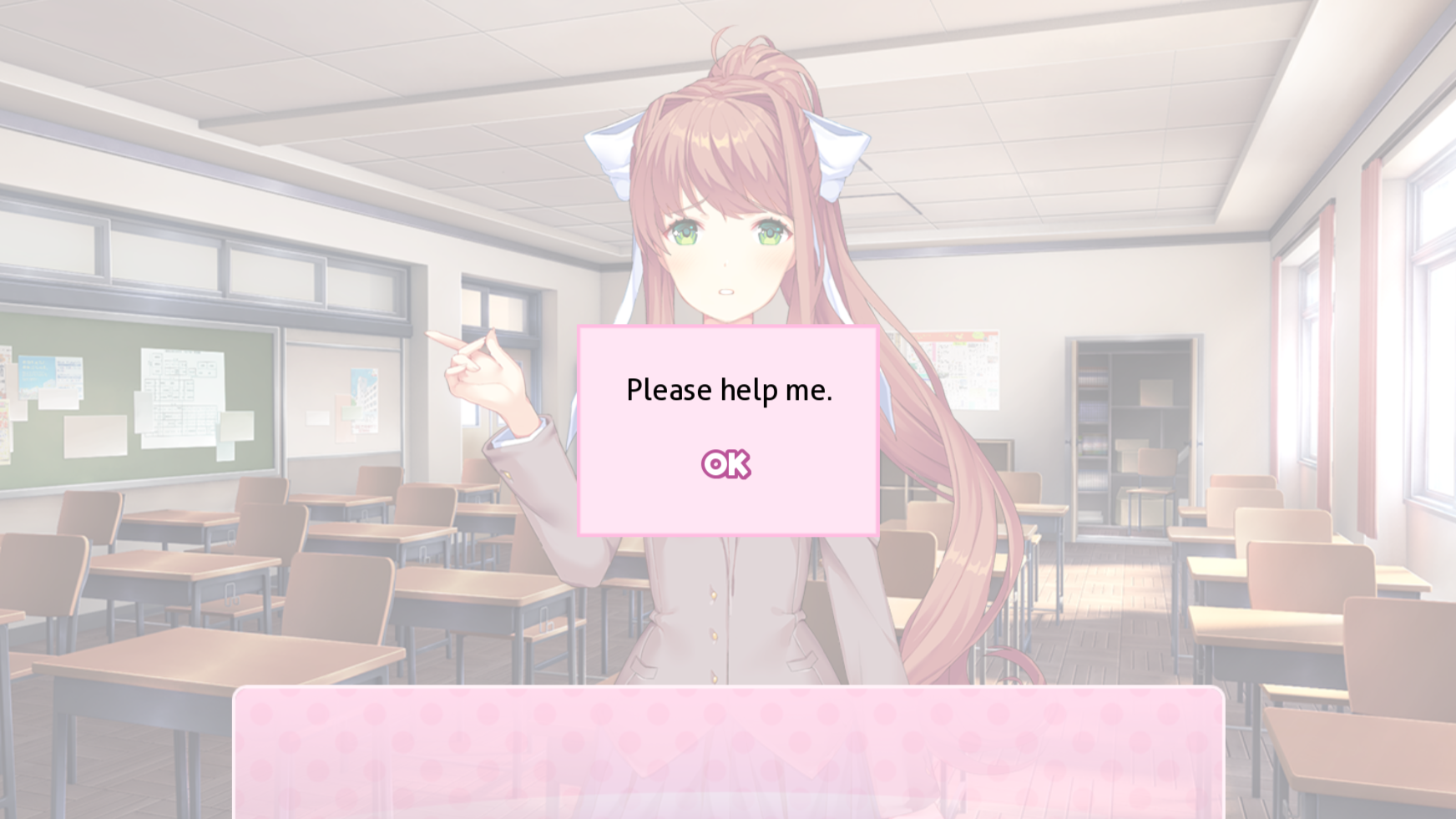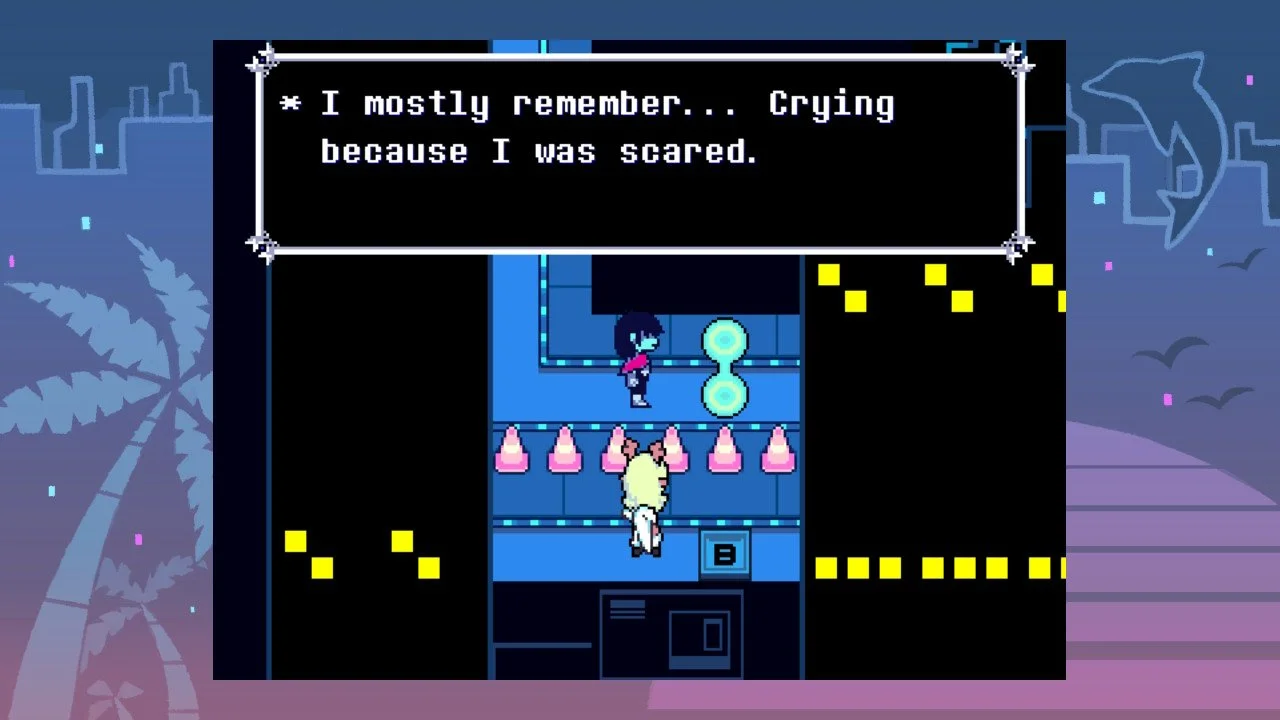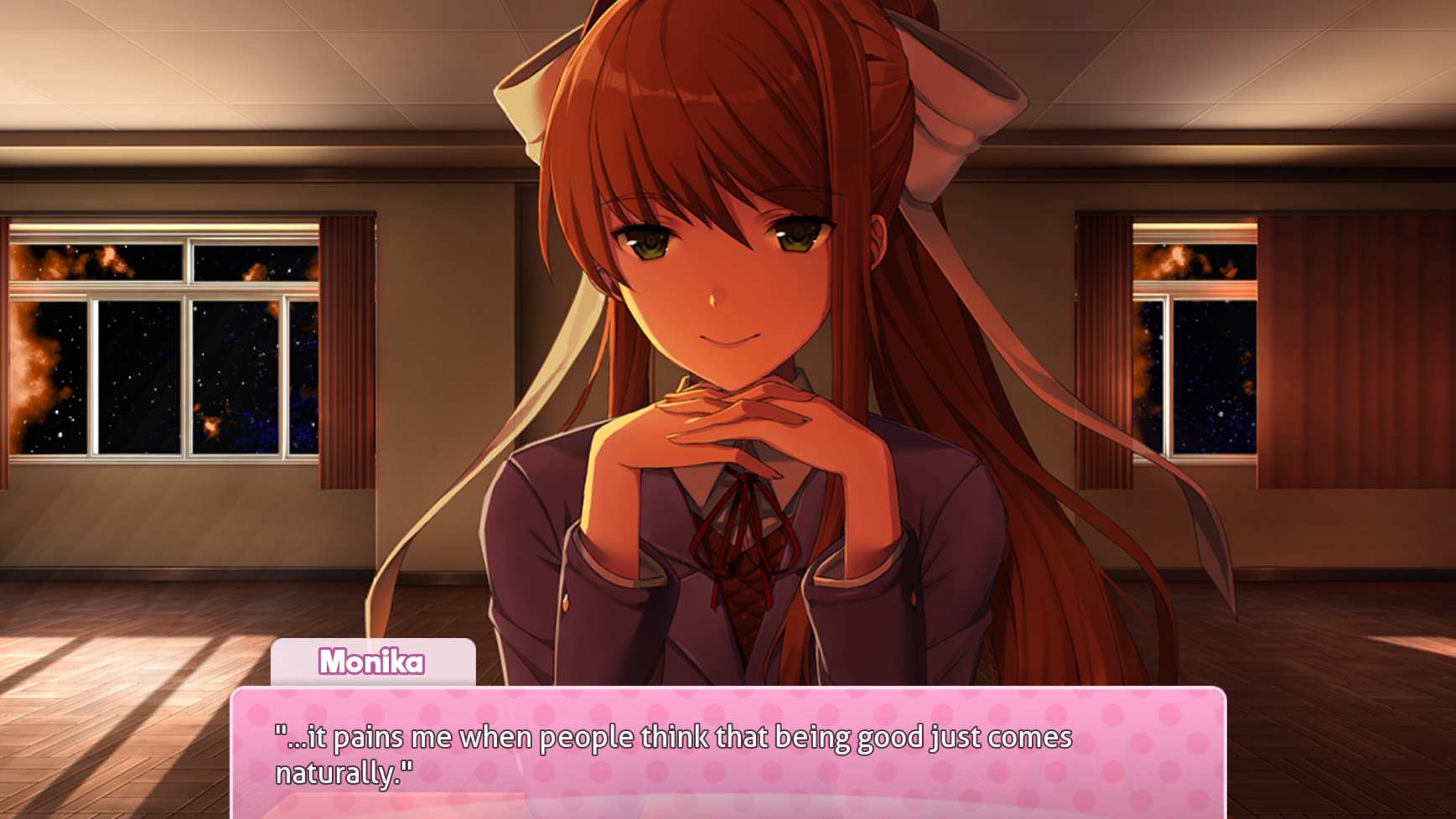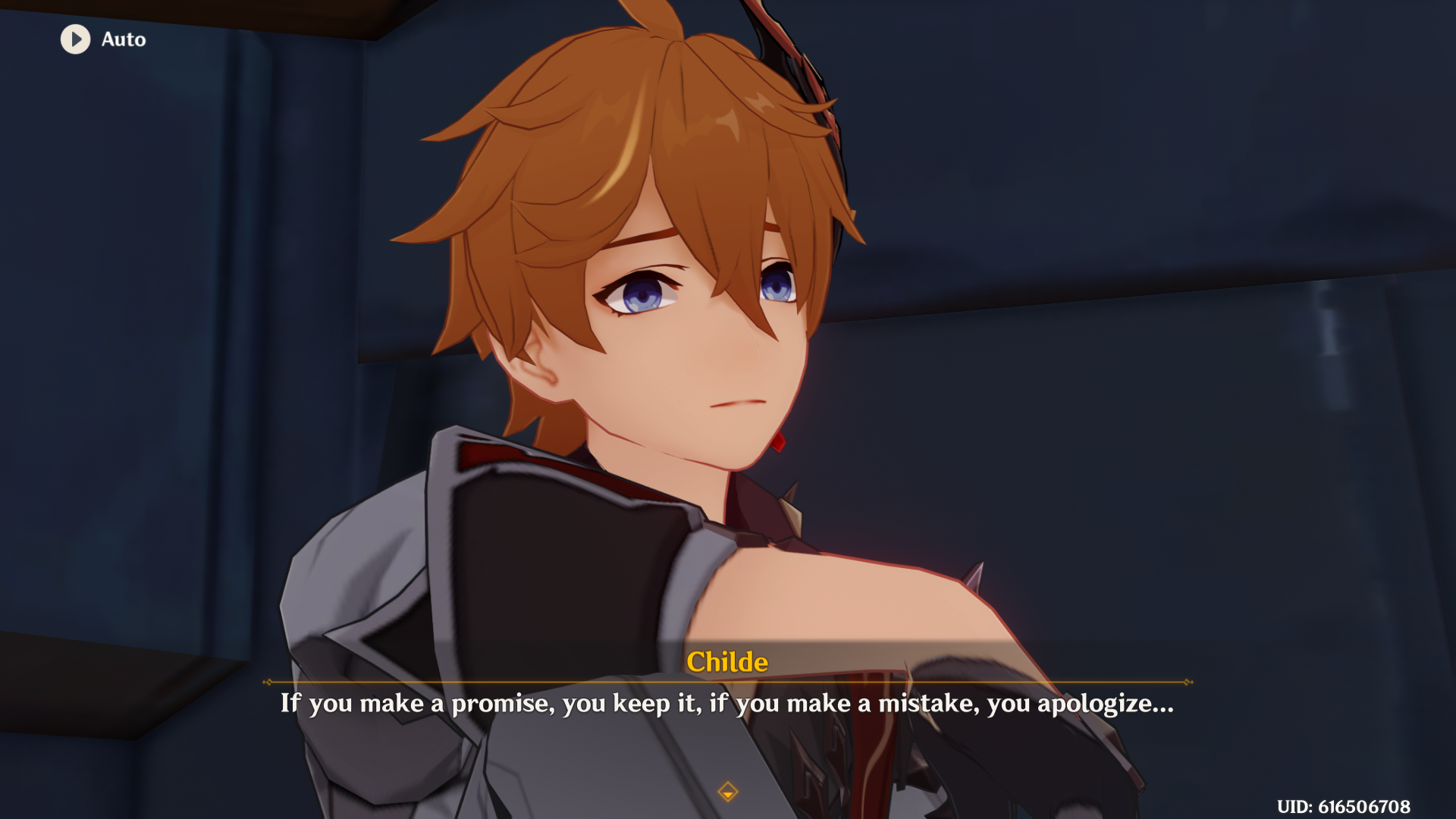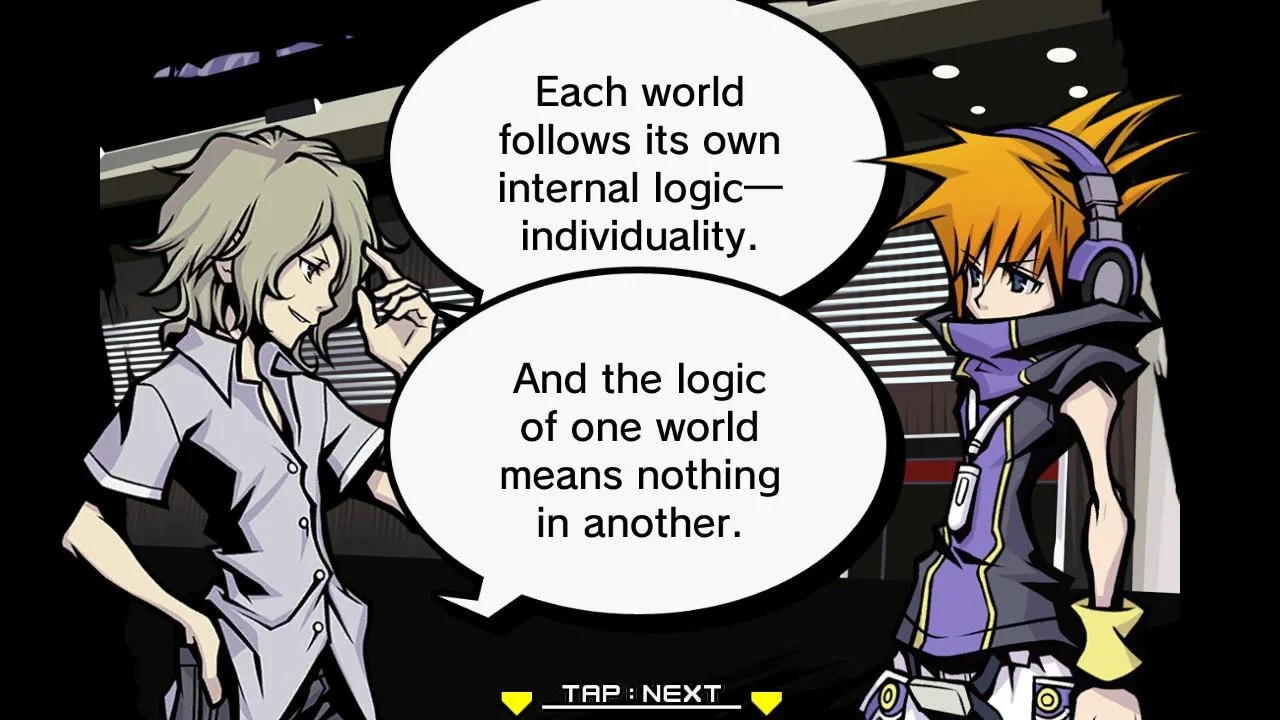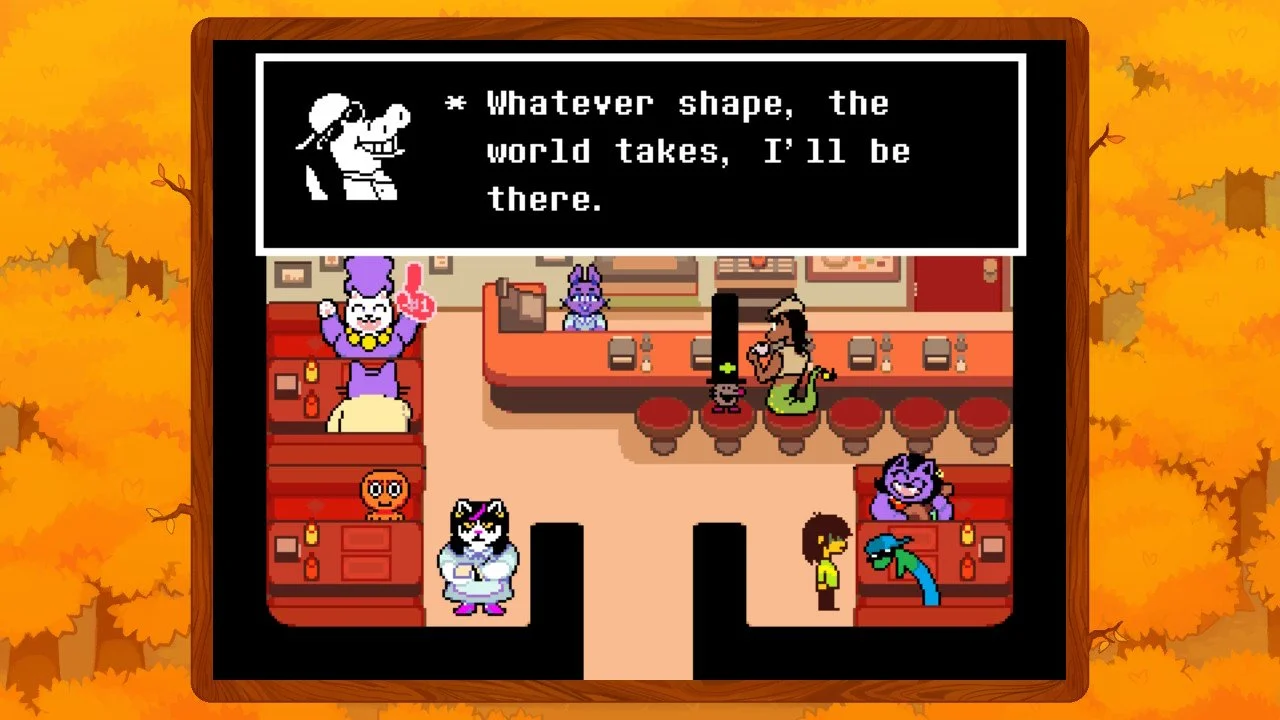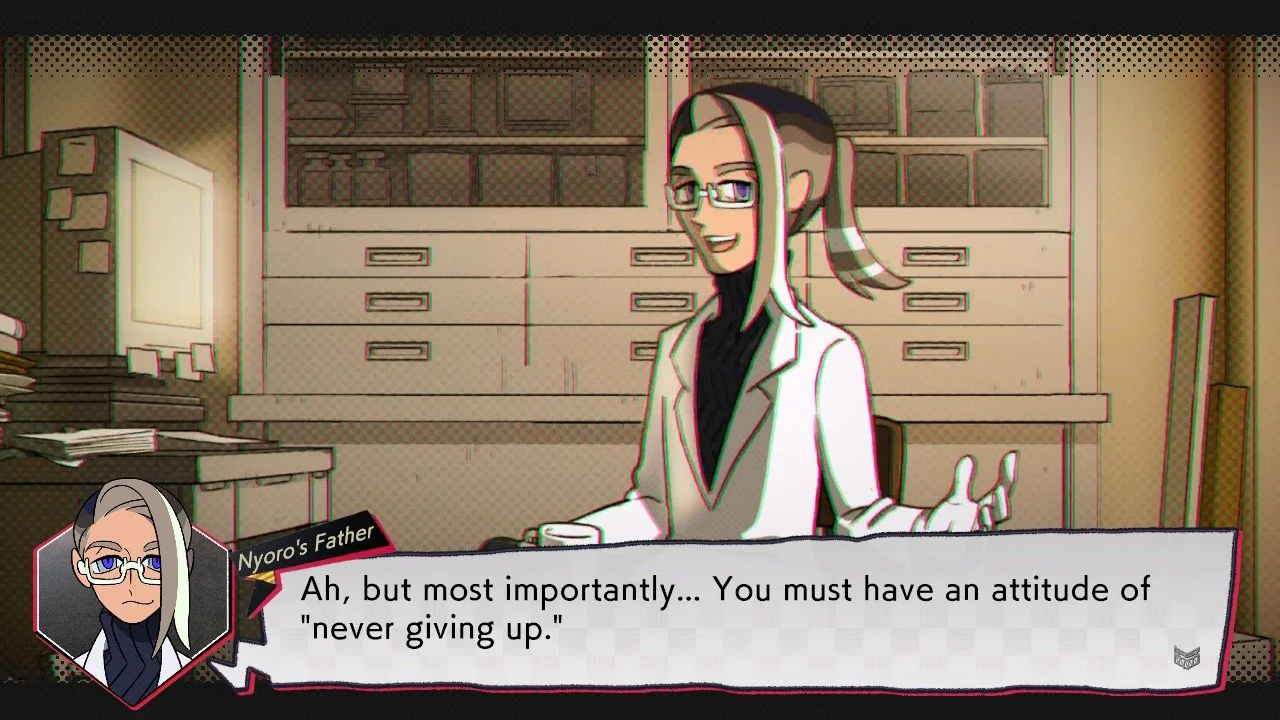Jessica Reyes' Advice For How To Spot Signs Of Abuse In The Games Industry And What To Do | Winter Spectacular 2021
One does not simply forget trauma. It’s like white noise—always there, even if it fades into the background.
It’s been almost a year since I started freelancing. Frankly, I’m not sure if there’s much advice I can give for preventing burnout, how to pitch articles, or any of that stuff. My only wish is that I could’ve become as successful as I am now without experiencing workplace abuse. I wish I’d known how to defend myself and recognize when what was happening was not normal.
I’ve technically been writing about games for two years. Before freelancing, I had an abusive experience at a full-time content writing job in the games industry. So, I want to tell people what I know in hopes that they can recognize signs of abuse before they fall as far as I did.
Here’s how to recognise emotional abuse and what you can do about it, using my experience with the man who brought me into the games industry (and tried to snuff me out) as an example.
TW: The following article contains specific examples of emotional abuse.
Where to find abusers.
Abusers are like vampires. They don’t come out in the daylight where everyone can see. Instead, they hide in the shadows of the brightest lights. They are often our family members, lovers, mentors, and friends—people we love and respect. I mean, if they’re terrible up front, then it’s harder to trick you into thinking that they’re so great.
I had an existing relationship with my abuser. He recommended me for the job, which made it easier for him to justify talking to me more “honestly.” We both worked at a company that had a problem with perceived hierarchy based on overwork. He was around my age and, unsurprisingly, a white man. All this contributed to how things played out.
Signs of emotional abuse.
There are many, many signs of emotional abuse. Healthline has an extensive list, but many other sites have this information too. These are just some of the most relevant ones to my experience in the games industry that I thought would be important to highlight and warn others about.
Gaslighting
Gaslighting (def) - An abusive tactic that makes the victim doubt their own thoughts due to the abuser’s constant denial of their reality.
One of the things that my (most recent) therapist picked up immediately when I told her my experience was when I mentioned a “loss of reality”. I later realised I had been gaslighted.
My abuser told me that the way he behaved toward me and the way he edited my work was “just the way things were” in the media industry. He said I was inexperienced (despite our similar age and work experience), which was why I didn’t understand these things, even when I told him no other editors treated me the way he did. In short, he denied my reality and forced me to believe his.
I started to doubt the way I perceived everything. Eventually, I couldn’t believe my own experiences, feelings, or even clear facts right in front of me.
Negging
Negging (def) - An emotionally harmful action that undermines the victim’s confidence with backhanded compliments and other indirectly negative feedback.
Negging tends to be subtle enough that abusers can dismiss their negative feedback as “just a joke” or “just being honest.” Victims often can’t quite put their finger on what’s wrong because the feedback isn’t always overtly insulting or negatively presented (i.e. “I’m just trying to help you”). It’s one of the most common behaviours that lead to microaggressions in the workplace.
My abuser said he didn’t think I should do interviews because he “wasn’t sure if I could do them.” He also told me that I couldn’t be an editor because “you need an eye for detail.” These statements implied that I didn’t have the skills to do either of those things, even though I had past experience with both that I discussed with the team before I was hired.
Isolating
Isolating (def) - A tendency for the abuser to isolate the victim from others to make the abused more dependent on them.
Abusers often isolate the victim from friends, family, and peers, amplifying their own influence on the life of their victim. However, it doesn’t need to be in terms of just proximity.
My abuser downplayed concerns from my friends and family about how he was treating me, saying that they were biased and would of course defend me. He also dissuaded me from talking to my other coworkers by saying that they would probably think the same thing as him if they knew how terrible I was at my job. My articles weren’t good unless he edited them, and feedback from other coworkers wasn’t reliable because they didn’t study journalism in college.
I’m happy to report that I never use samples from this job anymore and, when I show my old writing to friends and peers, they often think that they’re my worst articles. It’s a lot easier to find your voice and grow as a writer when there’s not someone constantly nitpicking your work.
What counts as inappropriate criticism?
All the editors I’ve met since I started freelancing have been nothing but respectful. My abuser was not. By the end of that job, I felt I couldn’t write a single sentence without him finding something wrong with it. I had a manager, who frequently assured me that my abuser was not my boss, but that didn’t stop him from acting like it.
My abuser made it clear towards the end of our relationship that he saw me as below him on the corporate ladder and also as a person. He forced me to rewrite a lot of my work because he disliked long sentences. He often misused commas and wrote jokes that disrupted the coherency of his articles. Unsurprisingly, he didn’t take feedback well and often commented on my peer edits with reasons on why his work didn’t need to be changed.
Some writers can’t take feedback, which is a legitimate and real problem. However, telling people unhelpful and hurtful things like that they “need to go back to school” or that their writing is “mediocre at best” will never be necessary. These criticisms don’t fix factual inconsistencies, improve grammar, fill gaps in comprehension, or make your article better in any way. They just make you feel bad.
How to defend yourself, respectfully.
I really hate to offend people… even if they are abusive assholes. These are probably the most respectful methods I have. If these don’t work, it’s probably them and not you.
Keep it classy. Don’t insult them, even if they insult you. No name-calling, diminishing, or any of that nasty stuff that they throw at you. I know it’s hard, but they might throw it back at you and use your retaliative statements against you in the future.
Try to use the I-statements instead of you-statements. “You” has a tendency to put people on the defensive and that can instantly make a conversation an argument. Instead, say “I feel that your behaviour is hurtful because [reason].” Even so, the abuser might not listen.
Stand your ground when it comes to the way you interpret your experiences. Abusers might try to call you selfish for not accepting their vision of reality. In response, you can say, “I’m not trying to invalidate your experience. I’m just sharing my own.”
You might have noticed that none of these involve the abuser actually getting served justice. That’s because they often don’t. You can try to tell management or HR what happened, but personally, I find that they try to make you kiss and make up.
I didn’t tell my manager about the emotional abuse because, crazy as it might seem, I thought this person was my friend. You don’t tattle on your friends for being abusers, or so I thought.
However, I did mention my abuser’s problematic managing and editing as something that wasn’t very productive for either of us. It didn’t help, though. My manager offered to have me put on a performance evaluation, and he and my abuser were going to be in charge of tracking my progress. Obviously, that setup was problematic. Also, my abuser kept telling me that I should consider quitting, even when I told him to stop.
Eventually, I did.
Protect minorities from these people.
Women, POC, and LGBTQIA+ people are particularly at risk in this industry. I really, really don’t think my particular instance would’ve happened if I were a man. I have a long list of reasons why, but that isn’t what this article is about. Minorities complain about white men on social media for a reason.
If you want to learn more about how we feel about this, I suggest reading this corporate cycle for a diverse hire abstract with a graphic. Everyone’s experience will be different, but I personally feel that this is spot on. These kinds of people don’t want to hear what we have to say. They want us to agree with what they’re doing.
White men can be abused too, and I’ve heard stories from them about it happening. It’s just that the discrimination against minorities adds another layer for us.
Learning more about emotional abuse.
I’d love to talk more about how to fairly judge others’ criticisms, how to point out others’ problematic behaviour, and a whole bunch else, but we don’t have time for that. There’s no cure-all advice for escaping emotional abuse. The best we can do is absorb information and use it as a tool when the time comes. These are some resources that I found helpful:
Crisis Text Line - I used this a couple of times during recovery between therapy sessions when I just really needed someone to talk to.
Games and Online Harassment Hotline - Hotline specifically for those involved in video game communities or working in the games industry.
“Why Does He Do That?: Inside the Minds of Angry and Controlling Men” by Lundy Bancroft (eBook)
HealthyGamerGG on YouTube - Sometimes I watch Dr. K’s videos for insight into processing trauma, understanding misogyny, and many other topics.
The happy ending.
I enjoy the present, but I’m still grieving the past. My abuser is still here. He’s like a ghost, someone effectively dead yet still lingering, even if it’s only through my memories.
I remember small things like his birthday, favourite game, and this terrible turtleneck he always used to wear. His promise to walk me to Penn Station, because I used to sometimes walk with him to Grand Central, that never happened. The one time he made me so happy that I cried, right next to all the days he made my life a living hell.
It’s complicated. I’m mad at him, but I also miss him. Or, at least, the parts of him that were good.
In the end, things turned out for the better. I make just as much if not more money now as I did at the full-time gig. I’ve worked with many editors, who have respected me and my work, and published at multiple reputable publications. Most importantly, I’ve connected with so many new peers that I’ve been able to effectively rebuild my reality.
I’m glad I started freelancing. Thank you, everyone.
Note: If you or someone you know is experiencing domestic abuse, call 911 or the National Domestic Violence Hotline at 1(800) 799-SAFE (7233) or visit thehotline.org.


